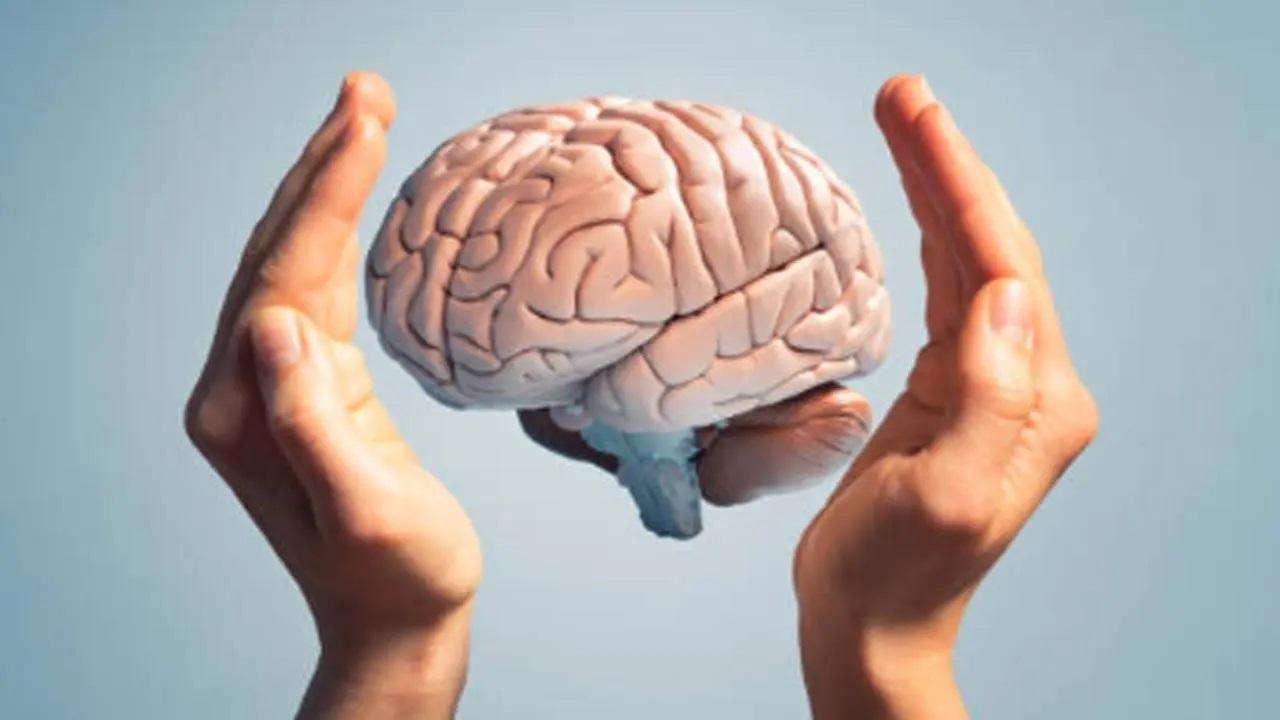The findings suggest that the brains of polyglots take “comparatively little effort when processing their native language". In other words, their brains need not work very hard to interpret it

Image for representational purpose only. Photo Courtesy: istock
The brains of polyglots -- people who speak five or more languages -- work differently when it comes to their native language, said researchers from the Massachusetts Institute of Technology (MIT) on Monday.
ADVERTISEMENT
The study, published in the journal Cerebral Cortex, showed that polyglots' language processing network in the brain, located primarily in the left hemisphere, responds more when they hear any of the languages. However, the response is stronger when hearing their native language.
The findings suggest that the brains of polyglots take “comparatively little effort when processing their native language.” In other words, their brains need not work very hard to interpret it.
“Something makes it a little bit easier to process -- maybe it’s that you’ve spent more time using that language -- and you get a dip in activity for the native language compared to other languages that you speak proficiently,” said Evelina Fedorenko, Associate Professor of neuroscience at MIT.
“As you increase proficiency, you can engage in linguistic computations to a greater extent, so you get these progressively stronger responses. But then if you compare a really high-proficiency language and a native language, it may be that the native language is just a little bit easier, possibly because you've had more experience with it,” Fedorenko said.
For the study, the researchers recruited 34 polyglots, each with at least some degree of proficiency in five or more languages but were not bilingual or multilingual from infancy. Sixteen of the participants spoke 10 or more languages, including one who spoke 54 languages with at least some proficiency.
They underwent functional magnetic resonance imaging (fMRI) as they listened to passages read in eight different languages.
The results also showed that polyglots' brain language networks also lit up when they listened to languages that they didn't speak, but could understand.
Further, the multiple-demand network of the brain that becomes active when performing a cognitively demanding task also gets turned on when listening to languages other than one’s native language.
This story has been sourced from a third party syndicated feed, agencies. Mid-day accepts no responsibility or liability for its dependability, trustworthiness, reliability and data of the text. Mid-day management/mid-day.com reserves the sole right to alter, delete or remove (without notice) the content in its absolute discretion for any reason whatsoever.
 Subscribe today by clicking the link and stay updated with the latest news!" Click here!
Subscribe today by clicking the link and stay updated with the latest news!" Click here!







